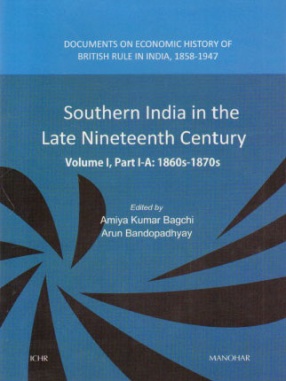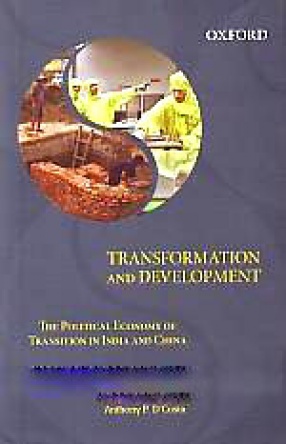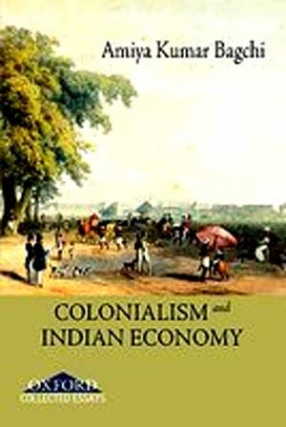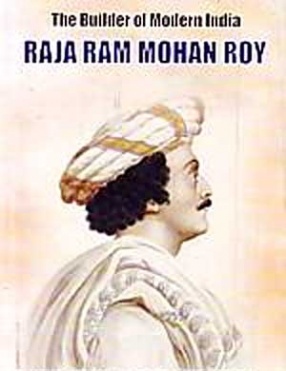This book puts the rise of developed economies in Europe, North America and Japan in a historical and comparative perspective. It argues that in each case of sustained advance along the path of economic and human development, the state played a significant role in protecting the space for improved standards of living of its citizens. It argues further that the idea of the developmental state needs to be broadened to the concept of a development democracy. The construction of such democracy, rather than markets as such, can be a major instrument for advancing the economic and human development of poor countries such as India, Brazil or Pakistan, for that matter.
ABOUT THE AUTHOR Amiya Kumar Bagchi
Renowned economist and historian Amiya Kumar Bagchi was educated at Presidency College, Calcutta, and Trinity College, Cambridge, UK. He has taught and researched at Presidency College, Calcutta; University of Cambridge, UK; Cornell University USA; University of Bristol, UK; Maison des Sciences de l'Homme, Paris; Roskilde University, Denmark; and University of Naples, Italy. He has been director of the Centre for Studies in Social Sciences, Calcutta. Professor Bagchi has authored Private Investment in India 1900-1939 (Cambridge University Press, 1972), The Political Economy of Underdevelopment (Cambridge University Press, 1982), Public Intervention and Industrial Restructuring in China, India and Republic of Korea (ILO, ARTEP), and a four-volume history of India's oldest and biggest commercial bank, State Bank of India (published by Oxford University Press and Sage). He has edited, among others, the following volumes: (with Nirmala Banerjee) Change and Choice in Indian Industry (1981), New Technology and the Workers'Response (1995), Economy and Organization: Indian Institutions under the Neo-liberal Regime (1999), Democracy and Development (1995), and (with R. Bhargava and RL Sudarshan) Multiculturalism, Liberalism and Democracy (1999).








There are no reviews yet.